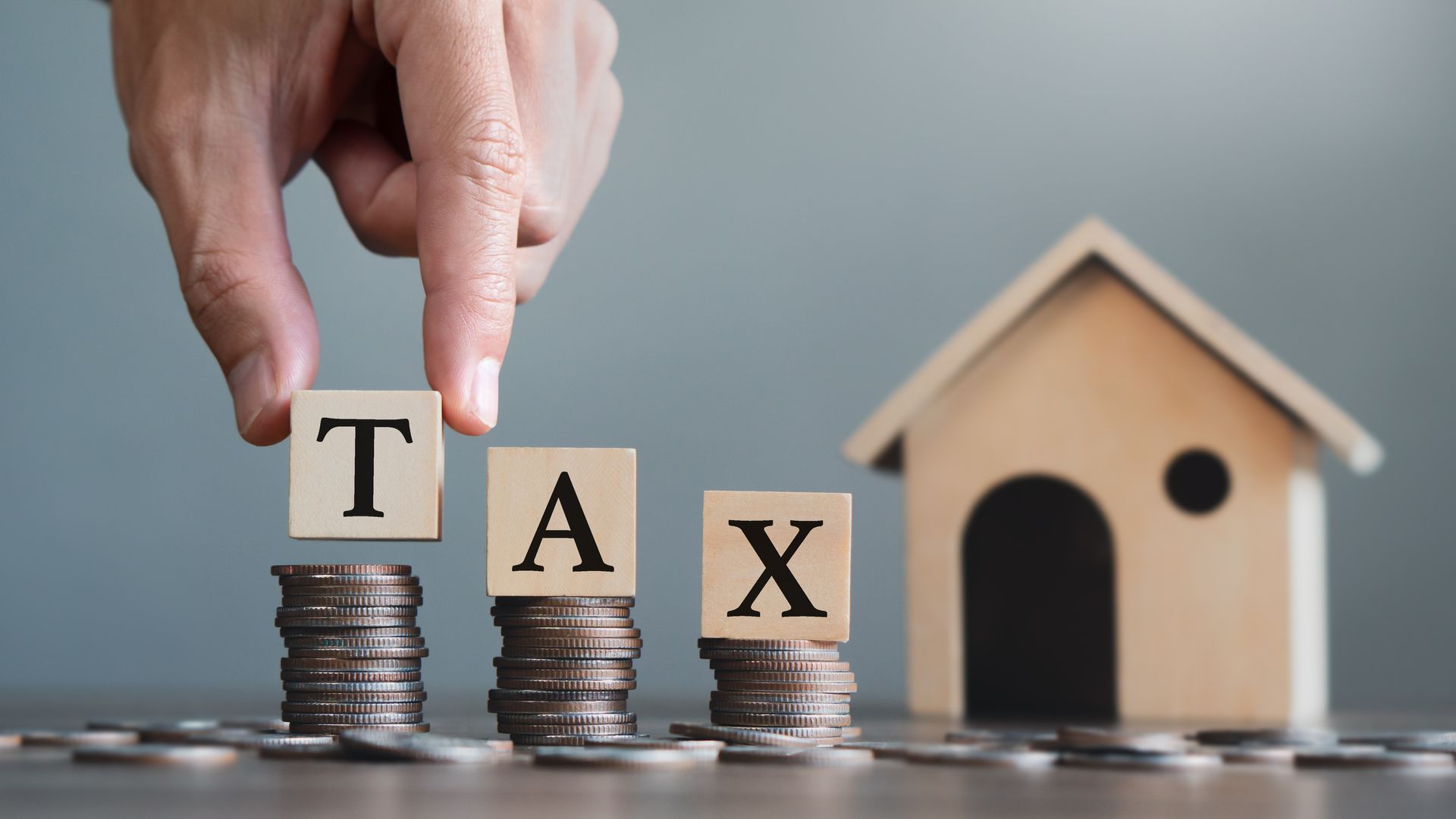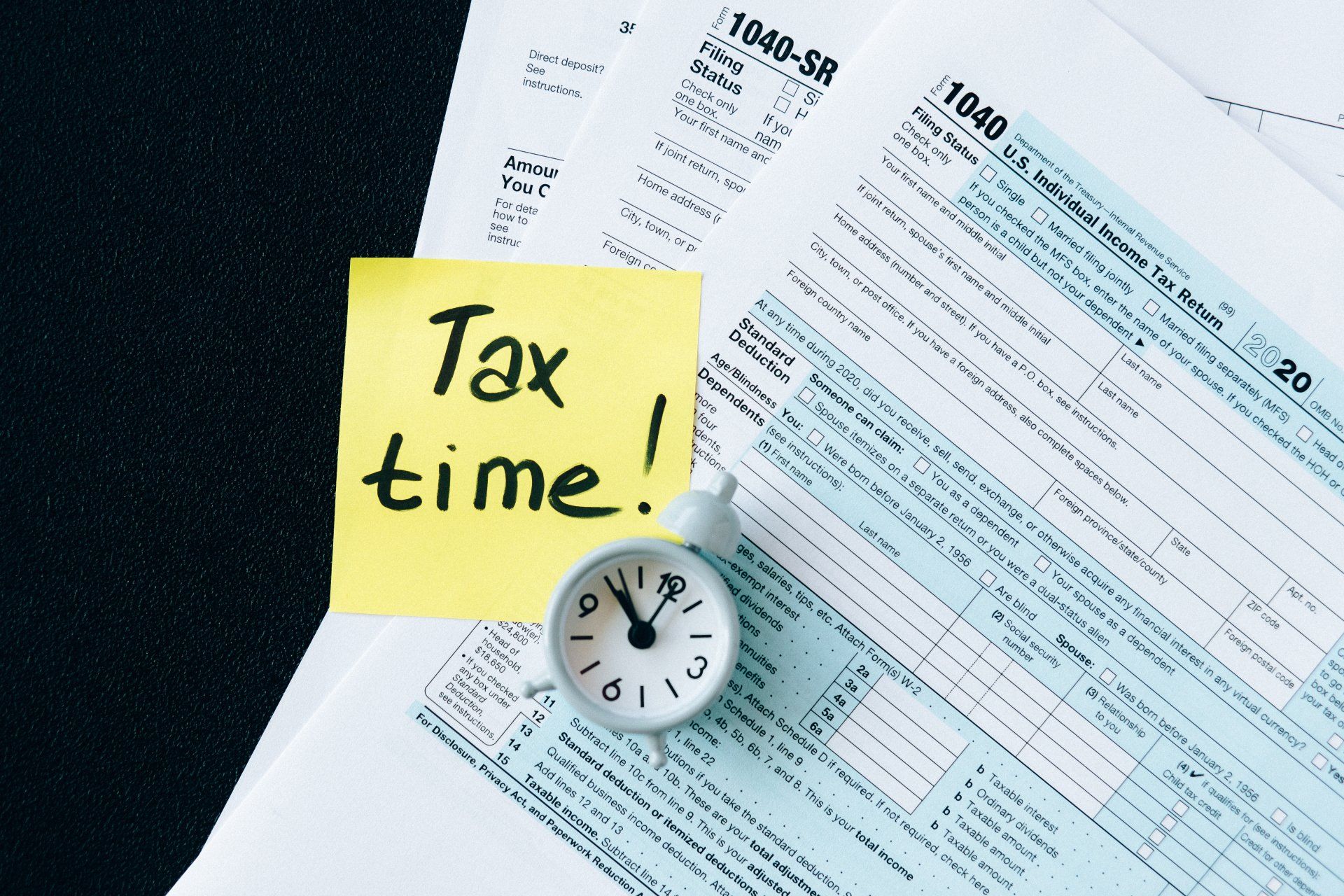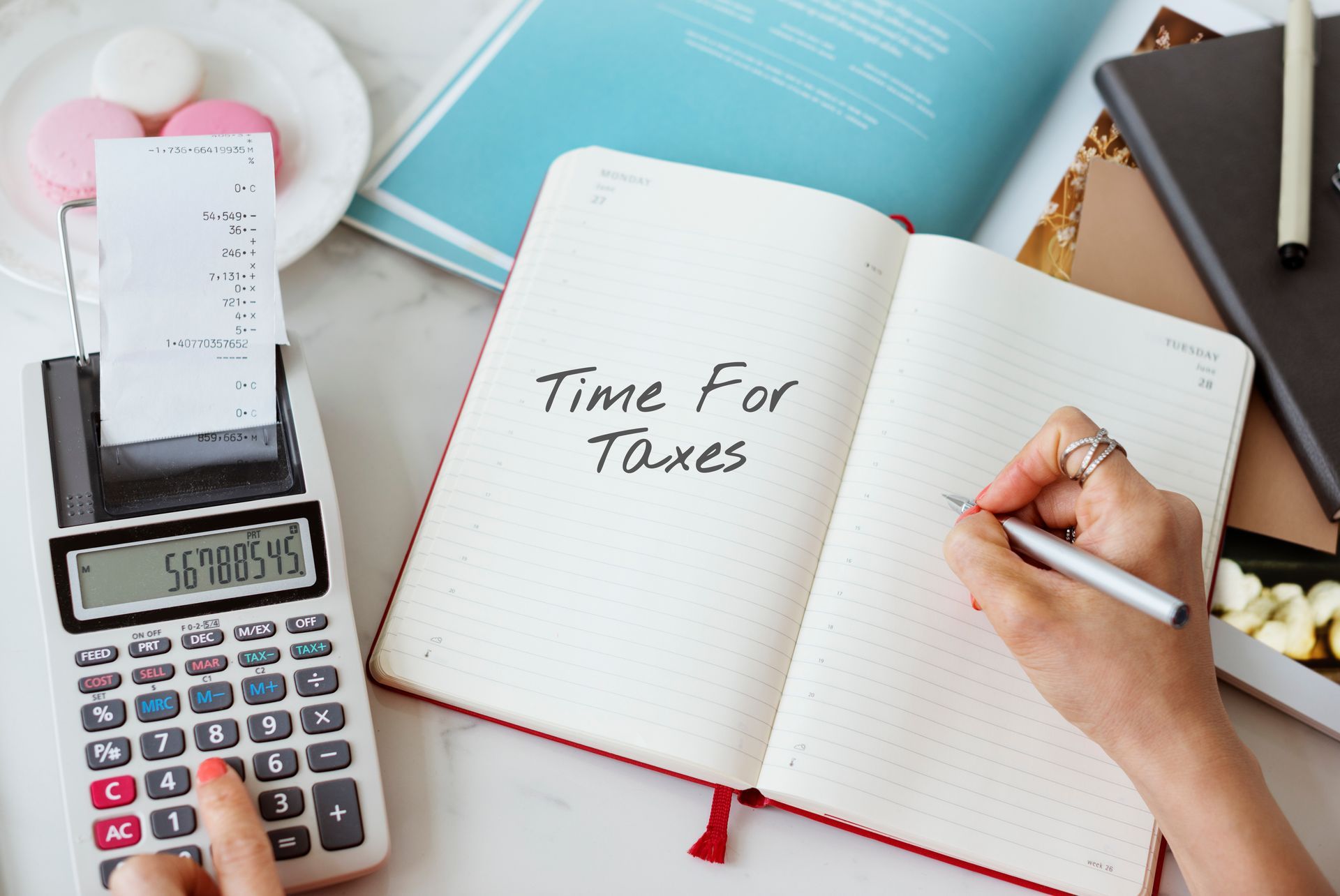Making Money Feels Good,
Keeping it is your key to success.
Underused Housing Tax (UHT)

Table of Contents
- Overview
- Conditions for filing a return
- Residential property
- Who is not an excluded owner
- Partnership or co-ownership
- Tax exemptions
- Deadlines and penalties for not filing
- Calculating taxes payable
- UHT filing
- Scope of bulletin
Overview
The Government of Canada has introduced an underused housing tax on the ownership of vacant or underused housing in Canada. This annual federal tax of 1% took effect on January 1, 2022.
The Underused Housing Tax generally applies to foreign national owners of housing in Canada. However, this tax will apply to some Canadian owners.
Conditions for Filing a Return
You have to file a return (which is Form UHT-2900, Underused Housing Tax Return and Election Form), for each of your properties in Canada for which all of the following conditions are met on December 31 of a calendar year:
- The property is a residential property
- You are an owner of the residential property
- You are not an excluded owner of the residential property
Residential Property
Generally, a residential property is defined as a property that is either:
- A detached house or similar building that contains not more than three dwelling units*, along with any appurtenances and the related land
- A semi-detached house, rowhouse unit, residential condominium unit or other similar premises, along with any common area, appurtenances and the related land
A dwelling unit is a residential unit that contains private kitchen facilities, bath and living area*
The above definition of residential property includes cottages, apartments and townhouses.
Examples of buildings that are not considered residential properties include:
- Quadruplexes
- High-rise apartment buildings
- Buildings that are primarily (more than 50%) for retail or office use and that contain an apartment
- Commercial condominium units – office spaces in residential areas
- Mobile homes
Who is Not an Excluded Owner?
Anyone who is not an excluded person, who owns residential property in Canada (also known as affected owner) has to file a return. This includes the following:
- Individuals who are not citizens or permanent residents of Canada
- Individuals who are Canadian citizens or permanent resident of Canada but own the property as a trustee of a trust or a partner of a partnership
- Corporations that are incorporated under the laws of Canada or a province in Canada whose shares are not listed on a Canadian stock exchange – Canadian private corporations
- Corporations that are not incorporated under the laws of Canada or a province in Canada
Partnership or Co-ownership
If an individual owns a residential property in Canada as a partner of a partnership, then that individual must file a UHT return.
According to the provincial legislation in Ontario regarding partnerships, owning a property jointly with another individual does not of itself create a partnership, whether the owners do or do not share in the profits made by the use thereof.
That means merely owning a property with your spouse, family member or another is generally not considered to be a partnership. Most of the time, CRA will consider you to be a co-owner. There must be business in common for there to be a partnership.
Tax Exemptions
Although one may be required to file a UHT return, there are several tax exemptions you can take advantage of to reduce your tax to zero. Below are the main exemptions:
- Exemption for primary place of residence
- Exemption for qualifying occupancy
- Exemption for vacation properties
- Exemption for specified Canadian partnerships, trusts and corporations
Only owners who are individuals may qualify for the exemption for primary place of residence, which is a situation where a dwelling unit that is part of the residential property is occupied by an owner or certain members of the owner’s family.
A specified Canadian corporation is a corporation incorporated under the laws of Canada or a province where any combination of Canadian citizens, permanent residents and corporations incorporated under the laws of Canada or a province own more than 90% of the shares of the corporation.
As an example, a private Canadian corporation owned 100% by a Canadian citizen or permanent resident is a specified Canadian corporation.
Deadlines and Penalties for Not Filing
Residential property owners that are affected by the Underused Housing Tax (UHT) will have until April 30, 2024 to file their returns for the 2022 calendar year without being charged penalties or interest.
The UHT return for the 2023 calendar year will also be due on April 30, 2024. Every calendar year after will be due by April 30 of the following calendar year.
If you fail to file your return on time, you have to pay a penalty that is the greater of the two following amounts:
- $5,000 for affected owners who are individuals or $10,000 for affected owners that are not individuals (such as corporations)
- The amount that is the total of the following:
- 5% of your underused housing tax payable for the year
- 3% of your underused housing tax payable for the year multiplied by the number of complete calendar months that the return is past due
Affected owners that have to file a UHT return but have no taxes payable due to a tax exemption has to pay the penalty of $5,000 if an individual or $10,000 if not (such as a corporation).
Calculating Taxes Payable
If your ownership of a residential property does not qualify for an exemption from paying the tax for a calendar year, the amount of the tax will be the value of the property multiplied by 1%, multiplied by your ownership percentage.
The value of the property is the greater of the most recent sale price and the assessed value of the property for property tax purposes.
As an example, if you own a property with a value of $500,000 and have 50% ownership percentage, then the UHT is $2,500.
UHT Filing
In order to file a UHT return, you will need the following information:
- Information about the owner (basically name, address and telephone number)
- SIN if individual, BN-RU if corporation
- Information about your residential property in Canada
- Physical address
- Property ID used in the land registration system
- Type of residential property
- Year of ownership
- Type of ownership
- Ownership percentage
- Taxable value of the residential property
- Assessed value (property tax)
- Most recent sale price
- Multiple residential properties – only for individuals that are neither Canadian citizens or permanent residents of Canada
- Exemption information (if applicable)
Scope of Bulletin
This bulletin does not cover all examples of buildings that are not residential properties, all tax exemptions and there is no list of excluded owners. Please refer to CRA publications for further information on all these points.







